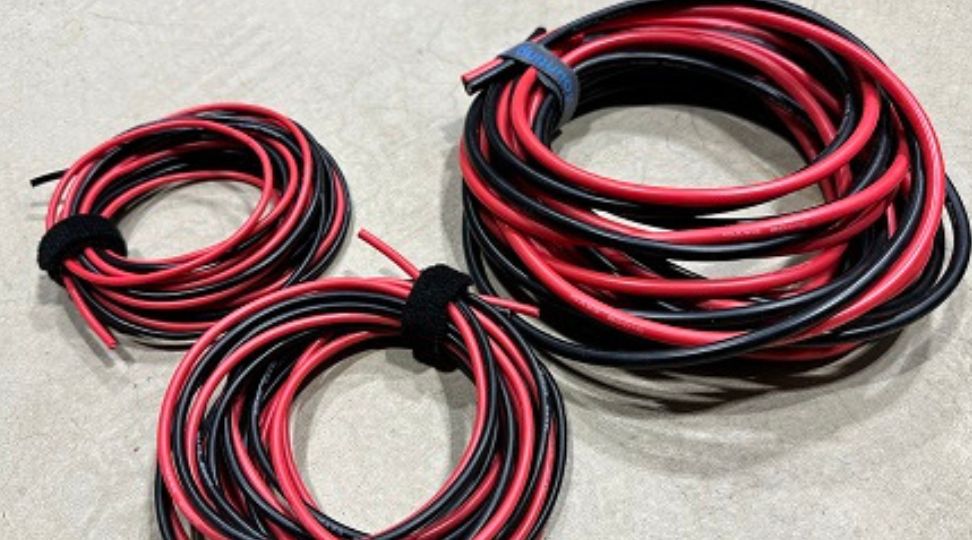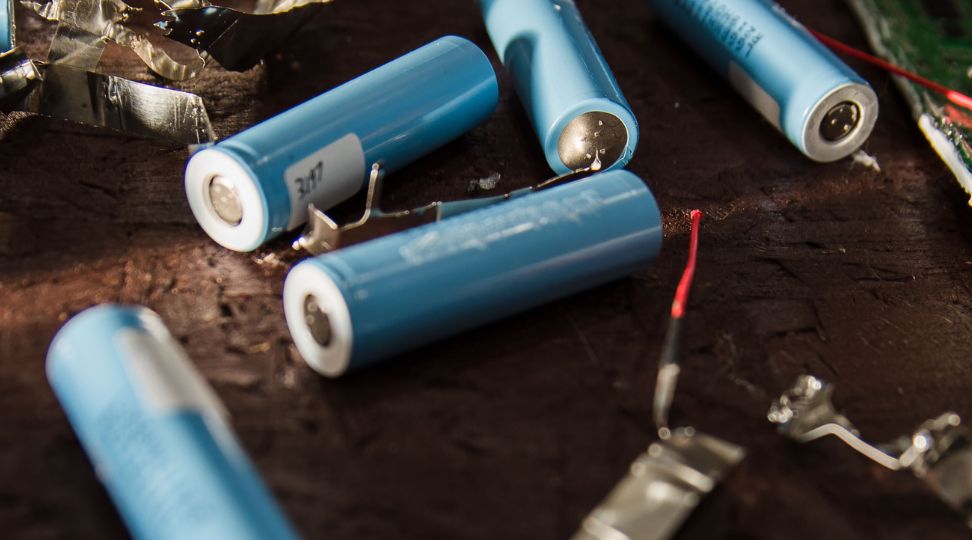
What is the advantage of silicone wire
Wire selection can be a critical aspect of safety, efficiency, and durability. Silicone wire emerges as a standout option for its unique properties, offering distinct advantages over traditional materials in applications such as DIY battery construction, electric bicycles (ebikes), and building a DIY powerwall. This article organizes the benefits and applications of silicone wire under clear headings for better understanding and reference. So, what is the advantage of silicone wire?
Silicone wire is extremely heat resistant and highly flexible. These two traits make it an ideal choice for high-demand applications. Unlike traditional materials like PVC or rubber, silicone wire can withstand extreme temperatures, which ends up reducing fire hazards and electrical failures. Silicone wire is also much easier to work with, move around, and strip. Below we will break down the advantages of using silicone wire.
Silicone Wire: Heat Resistance and Safety
High temperatures are relatively common in battery systems, so silicone wire's exceptional heat resistance makes it suitable for that application. Its ability to maintain structural integrity under heat stress enhances the safety and reliability of battery-powered devices, making the chance of something catching on fire or melting far less likely.
Key Points:
- Ideal for high-temperature environments.
- Reduces thermal degradation and electrical failures.
- Enhances device safety and reliability.
Silicone Wires Flexibility and Durability
The superior flexibility of silicone wire facilitates easy installation and routing in tight spaces and complex configurations. Its resilience against bending and flexing ensures long-term durability and performance, making it an excellent choice for ebike wiring harnesses and electronic assemblies.
Key Points:
- Offers ease of installation in confined areas.
- Withstands repeated bending and flexing.
- Ensures durability in demanding applications.
Silicones Resistance to Environmental Factors
Silicone wire's resistance to moisture, chemicals, and contaminants makes it suitable for outdoor and harsh conditions. This property is critical in applications where exposure to such elements can compromise electrical connections and lead to system failures.
Key Points:
- Suitable for outdoor and harsh environments.
- Maintains reliable performance despite exposure to moisture or chemicals.
- Prolongs the lifespan of electrical components.
Insulation Properties
The insulation provided by silicone rubber is superior in preventing electrical leakage and short circuits, even at high voltages. This feature is crucial in battery systems and home energy solutions, where electrical isolation is key to safety and efficiency.
Key Points:
- Offers superior dielectric strength.
- Prevents electrical leakage and short circuits.
- Essential for maintaining system safety and efficiency.
Importance of Proper Selection
While silicone wire provides numerous benefits, it is important to select the appropriate wire gauge and configuration for the system's requirements. This ensures adequate current handling while maximizing the advantages of silicone wire in reducing fire hazards and enhancing reliability. If you're trying to figure out the right wire size for your lithium-ion battery pack, take a look at our blog post on sizing wires, choosing fuses, and determining nickel strip amp ratings. In additon to making sure you have to proper sized wire you need to make sure all battery connectors can support the current load.
While it is true that for a given gauge of wire, silicone-insulated wire can handle more current, that's only because the current limit is defined by the temperature in which the wire’s insulator will combust. So, using silicone wire can make it safer to run a given current at a given wire thickness, but on an electrical level, performance losses come far before fire hazards. For this reason, you should use the PVC insulation ampacity ratings when choosing wire size.
Key Points:
- Does not increase current-carrying capacity inherently.
- Proper gauge selection is crucial for system requirements.
- Enhances reliability and reduces fire hazards.
Silicone wire offers significant advantages in battery building, ebikes, and home energy solutions, including heat resistance, flexibility, environmental resistance, and insulation properties. These benefits make silicone wire a robust and dependable choice for modern electrical systems, ensuring safety, reliability, and performance. By incorporating silicone wire into critical applications, engineers and enthusiasts can build systems that stand the test of time and operate safely under demanding conditions. But like I said before, it’s important to remember that the wire’s insulator can’t make the wire itself a better conductor.
We hope this article helped you understand the advantages of silicon wire. Thanks for reading!
